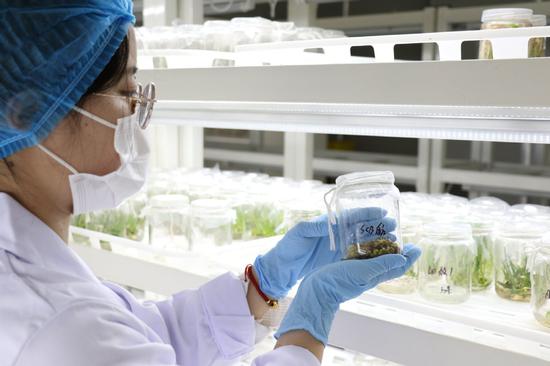
A researcher at M-grass monitors space-bred seeds returned by the Shenzhou XIII spacecraft. (Photo provided to chinadaily.com.cn)
Chinese researchers at ecological technology company Inner Mongolia M-grass Ecology and Environment (Group) Co - which specializes in indigenous plant acclimation and ecological restoration - have started breeding experiments on 12,000 very special seeds.
The company, based in Hohhot, capital city of North China's Inner Mongolia autonomous region, is working on the seeds which were bred for six months in space inside the Shenzhou XIII crewed spaceship – that docked with China's Tiangong space station – and were brought back to Earth on April 16.
This marks the second time the company has sent grass seeds into space, following the return of grass species mutations with the Chang'e-5 lunar probe back in 2020.
Plans are for the company's research team to test the viability of the returned seeds. One-third will be put in a long-term storage bank for native plant germplasm resources, while the remaining seeds will be used for breeding research.
The research team will screen for mutants with specific traits, create new germplasm with superior traits – such as stress resistance, broad adaptability and high yields – and cultivate new varieties.
M-grass is an ecological environment engineering company that provides solutions tailored to local conditions.
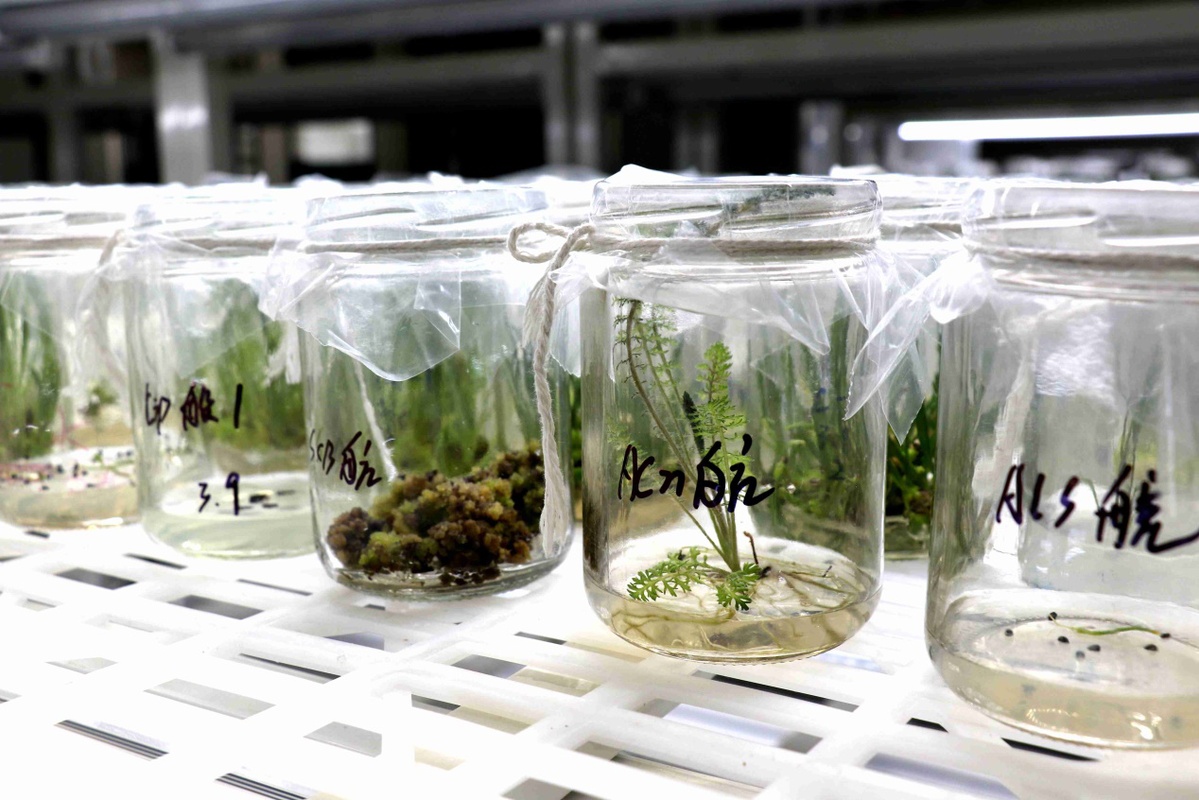








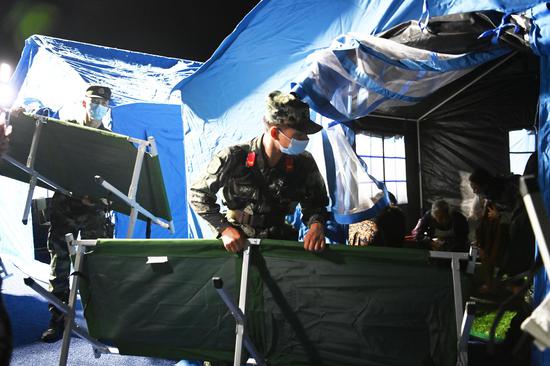
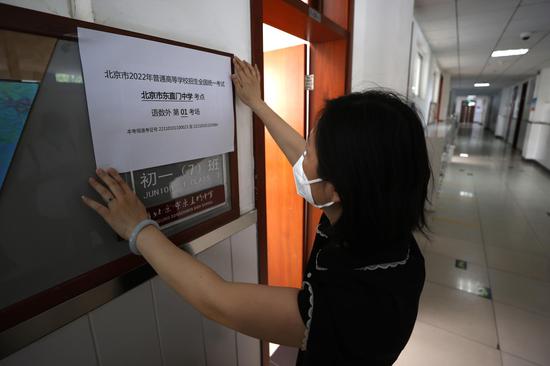

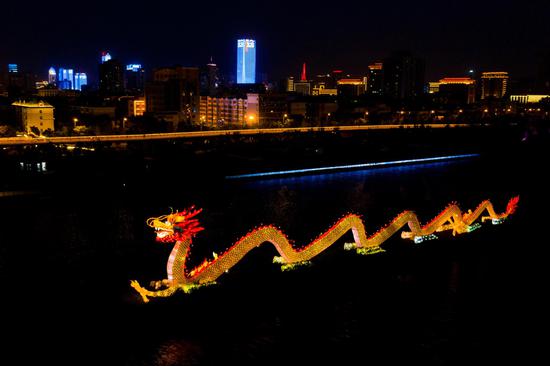
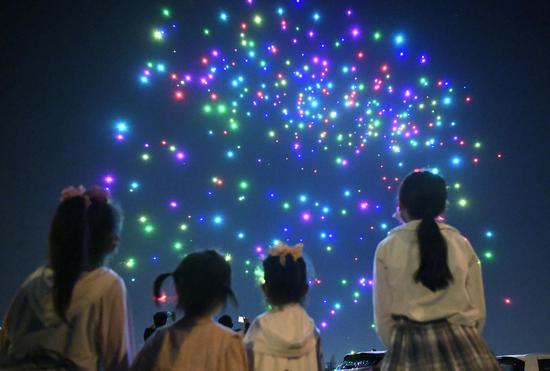
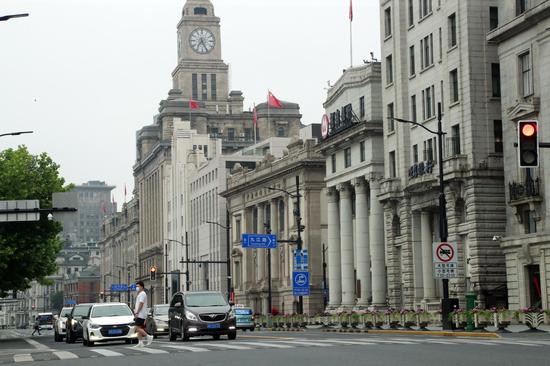
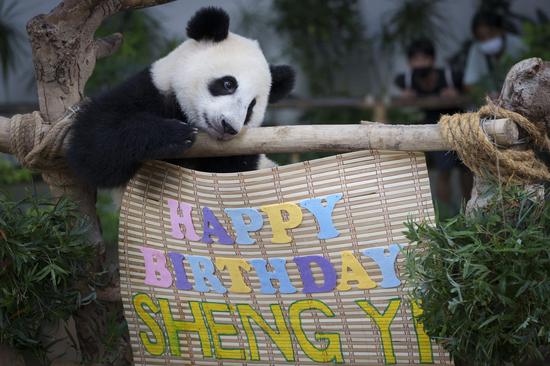
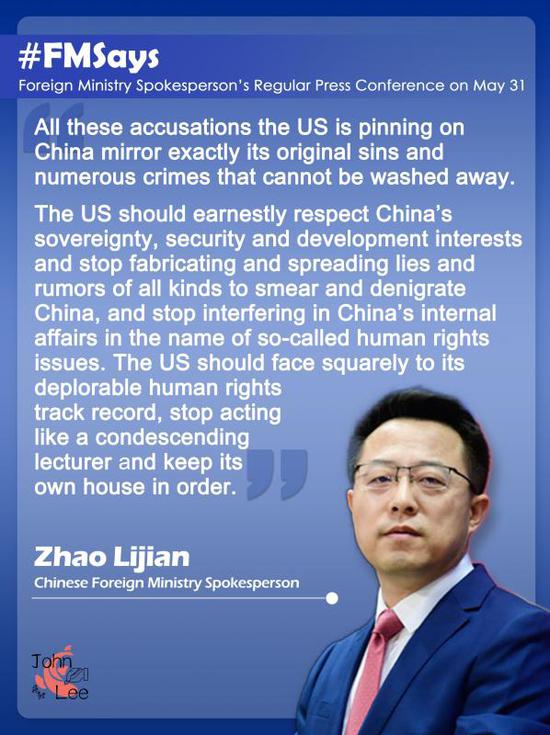
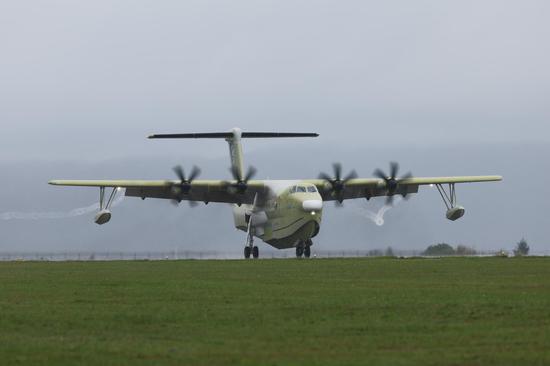

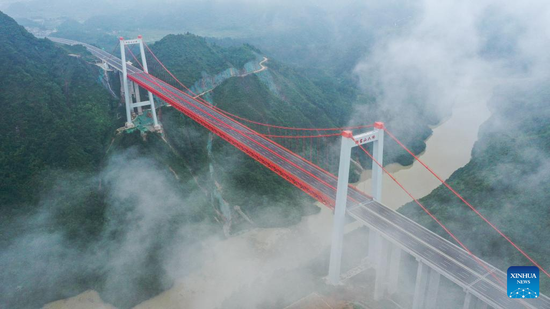


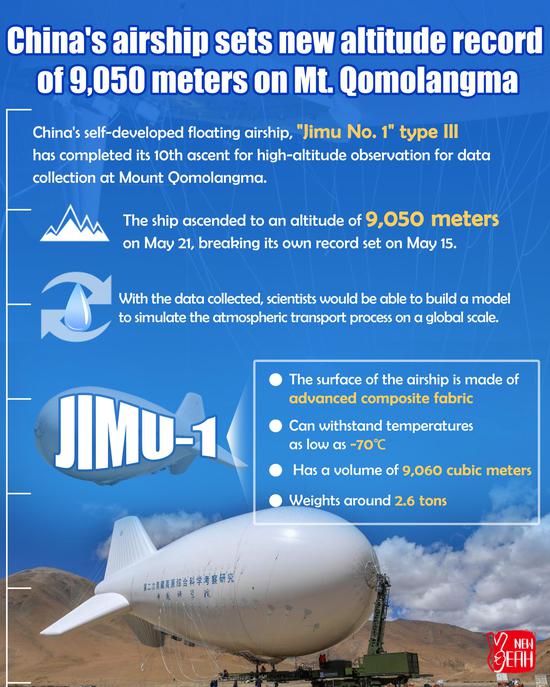

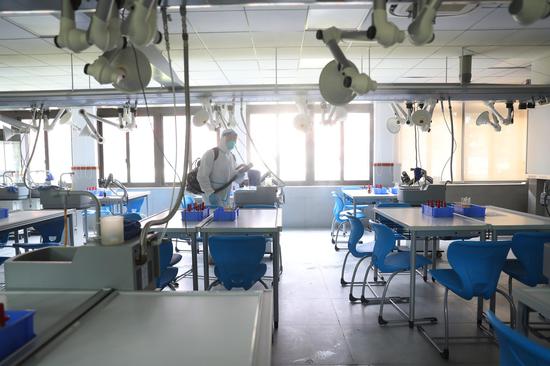
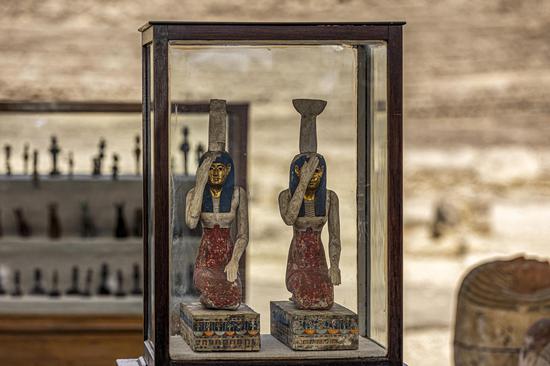
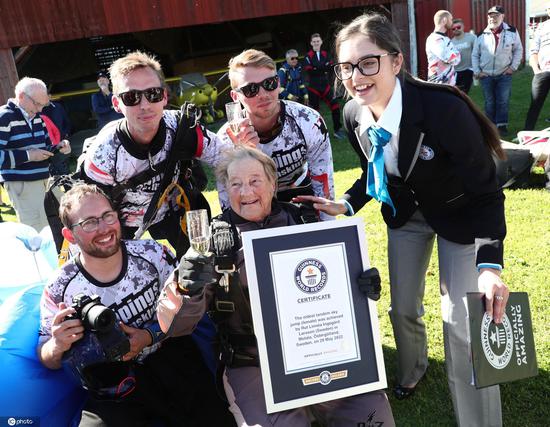
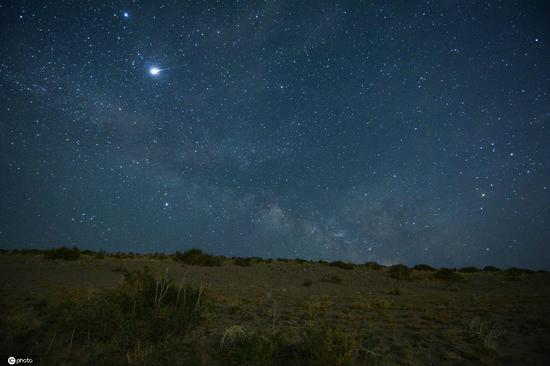
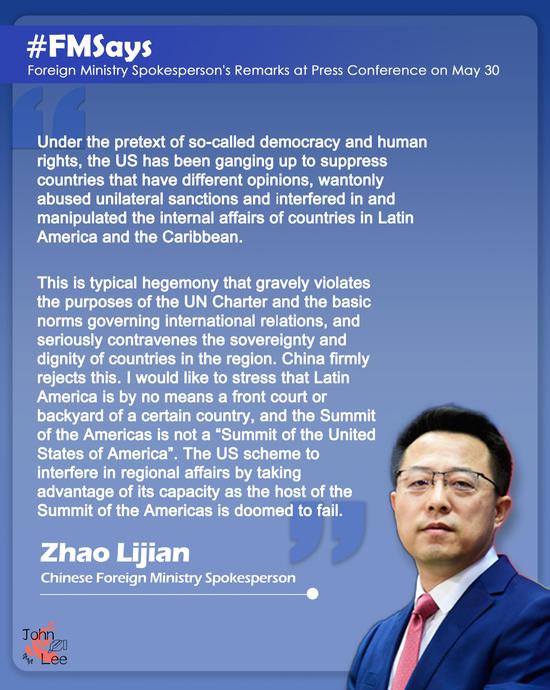
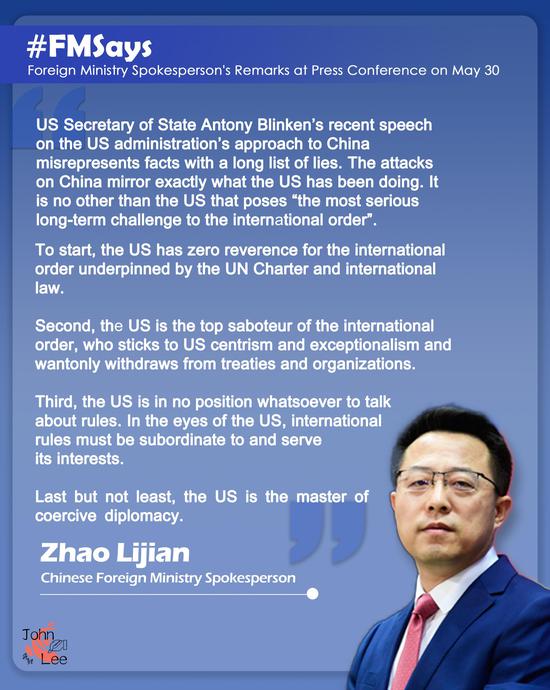
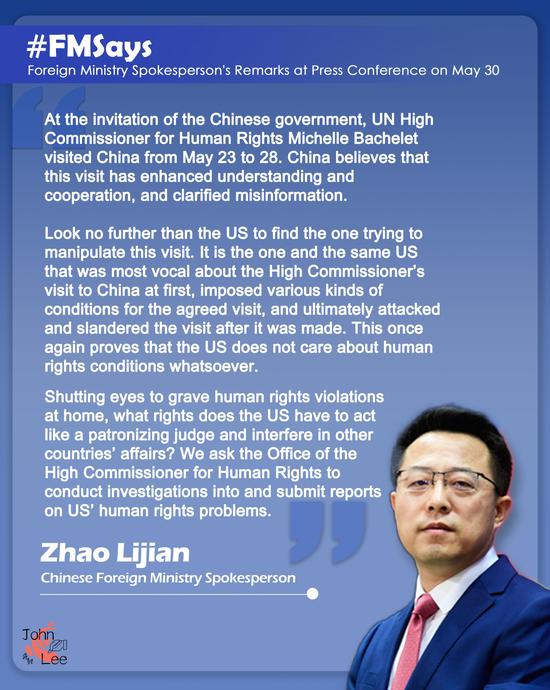

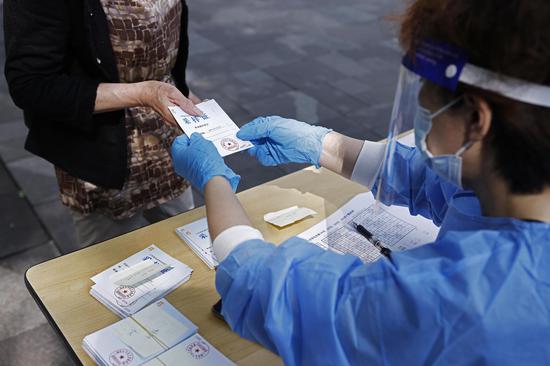
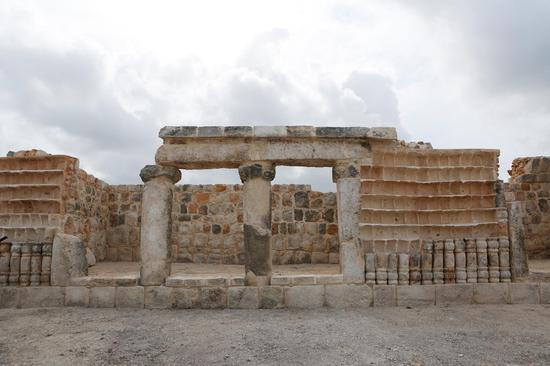
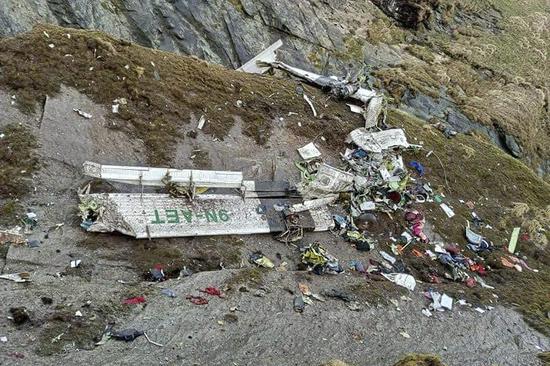
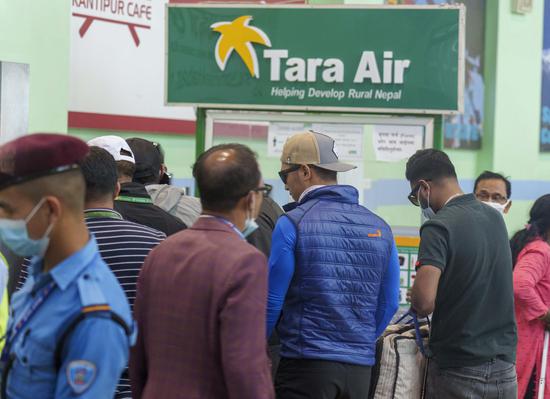
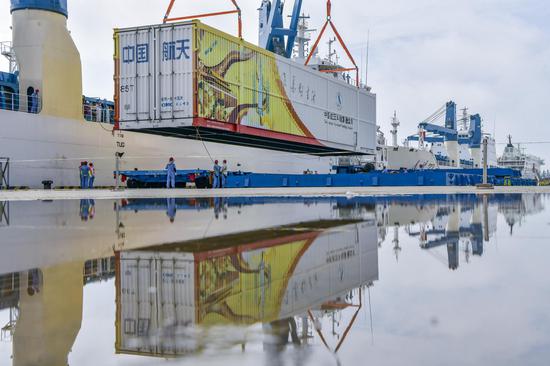

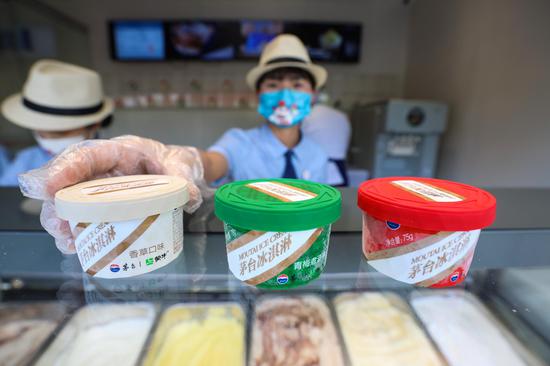
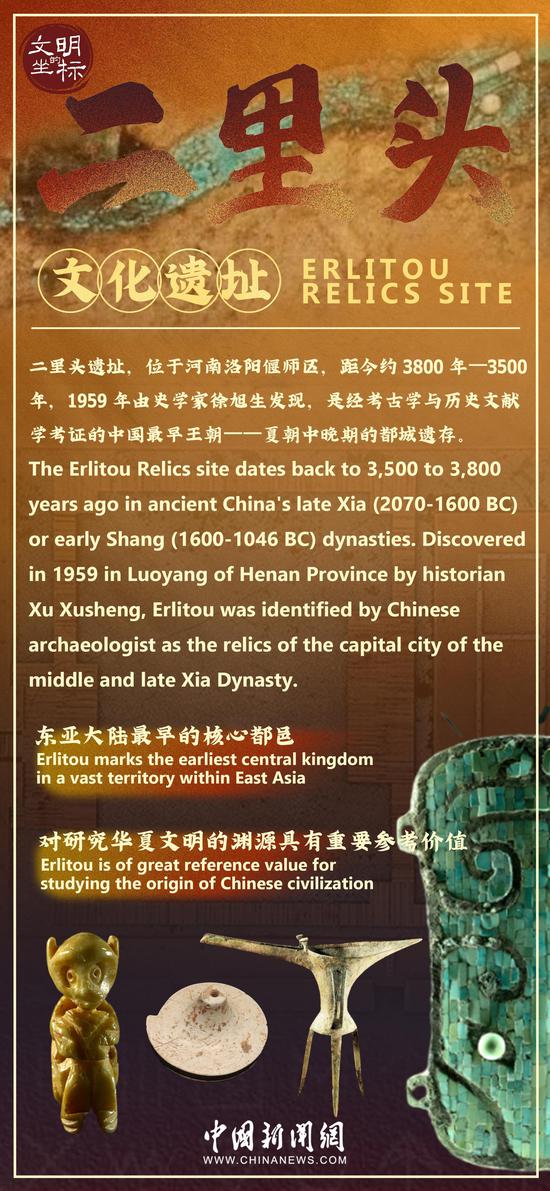
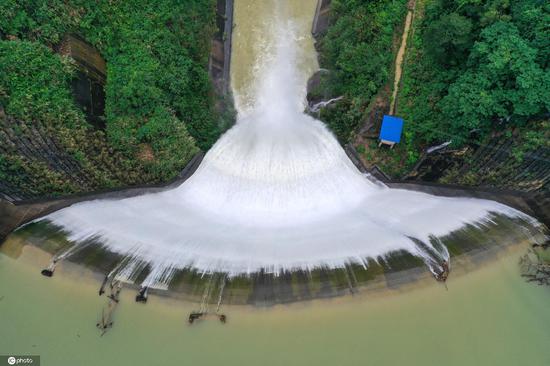
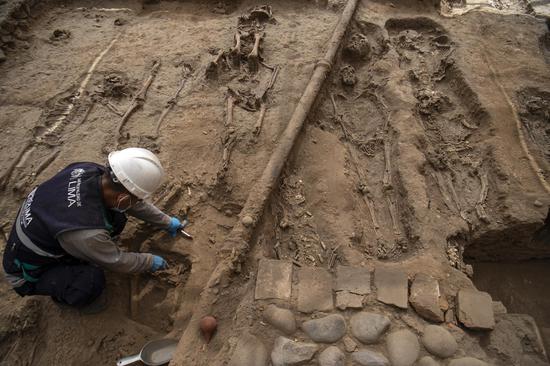

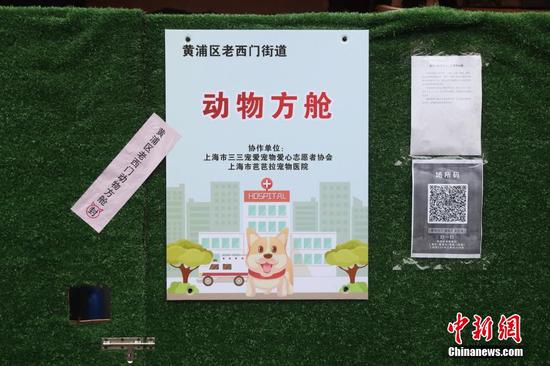







 京公网安备 11010202009201号
京公网安备 11010202009201号